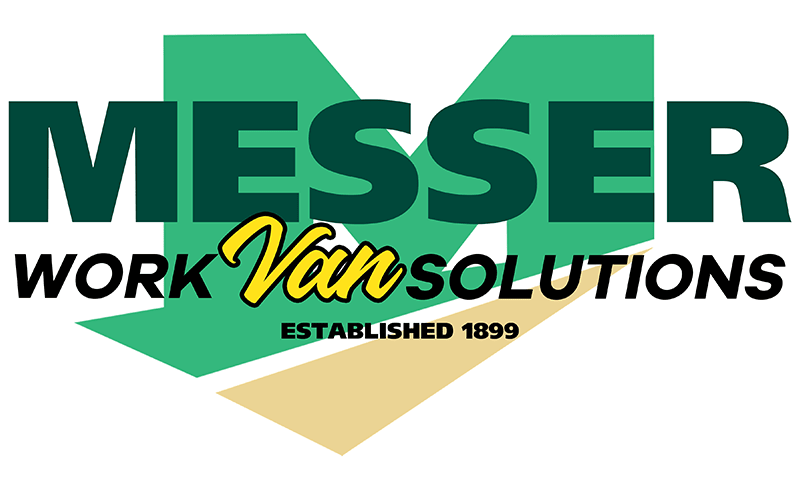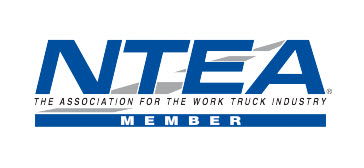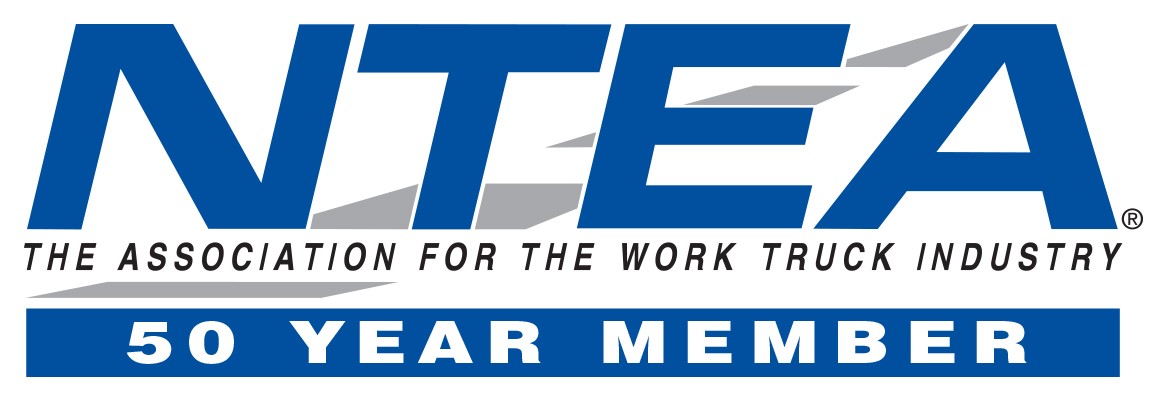Work vehicle ownership is a significant expense trades must incur to provide their services. It’s a part of doing business.
However, it comes with a litany of challenges:
- Satisfying demand when the vehicle is under repair.
- Cargo management upfits.
- Capitalizing on short-term spikes.
- Growing your fleet during the current vehicle shortage.
In addition, the high price of ownership means there isn't a lot of flexibility to try out and test new types of vehicles or cargo management systems. Opportunities for efficiency gains may be put off because of the risk of purchasing something that does not accomplish the desired outcome.
To help our customers overcome these challenges, we started discussing the concept of alternative ownership. How can trades get the vehicles they need with the proper cargo management solutions without purchasing them?
We came up with a few options:
Rent Work Vehicles
Renting is pretty straightforward. Amazon does this a lot as demand outpaced its fleet and that of UPS. We often see U-Haul or Enterprise vehicles dropping off Amazon packages.
However, for trades, it’s not as easy as visiting U-Haul. The vans and trucks they offer are not fully upfit for your cargo management needs.
To go down this road, you’ll need access to a portable cargo management system that can be secured and removed from a vehicle safely, quickly and relatively easily.
Or, you need to work with a rental company offering pre-upfit vehicles … Stay tuned for news on this.
We also see renting as a short-term solution because the cost is much higher than other alternative ownership options.
Lease Work Vehicle
Many companies, including Enterprise, will lease you work vans or trucks and allow you to upfit them to your needs. When your lease expires, they take back the vehicle and sell it at auction or to used dealerships. It’s a win-win for all parties.
The most significant tradeoff is you lose a sellable asset at the end of the vehicle’s life, and there is still the upfront cost of the cargo management system to consider.
Leasing is a solid option for cash-strapped trades or those looking to expand their fleet during the current vehicle shortage.
Share Work Vehicles
Some larger fleets or collaborative partnerships may consider community ownership. In these scenarios, a multi-region organization or local partnership can purchase vehicles to be shared among themselves. The vehicles are upfit in a way that satisfies the needs of those who may use them.
As demand dictates, one party may request the vehicle for a designated period. Creating a calendar or sharing schedule helps determine when the shared vehicle is available.
All that said, sharing comes with many potential headaches, including:
- True ownership (whose name is on the title).
- Distributions if the vehicle is sold.
- Priority should all parties need the extra vehicle.
- Cargo swap logistics.
- Maintenance and repair cost splitting.
For fleets in need of short-term vehicles, you have options. But, there are considerations to think through with all of them. If you’re interested in discussing your options, our team is happy to set up a call and discuss.






